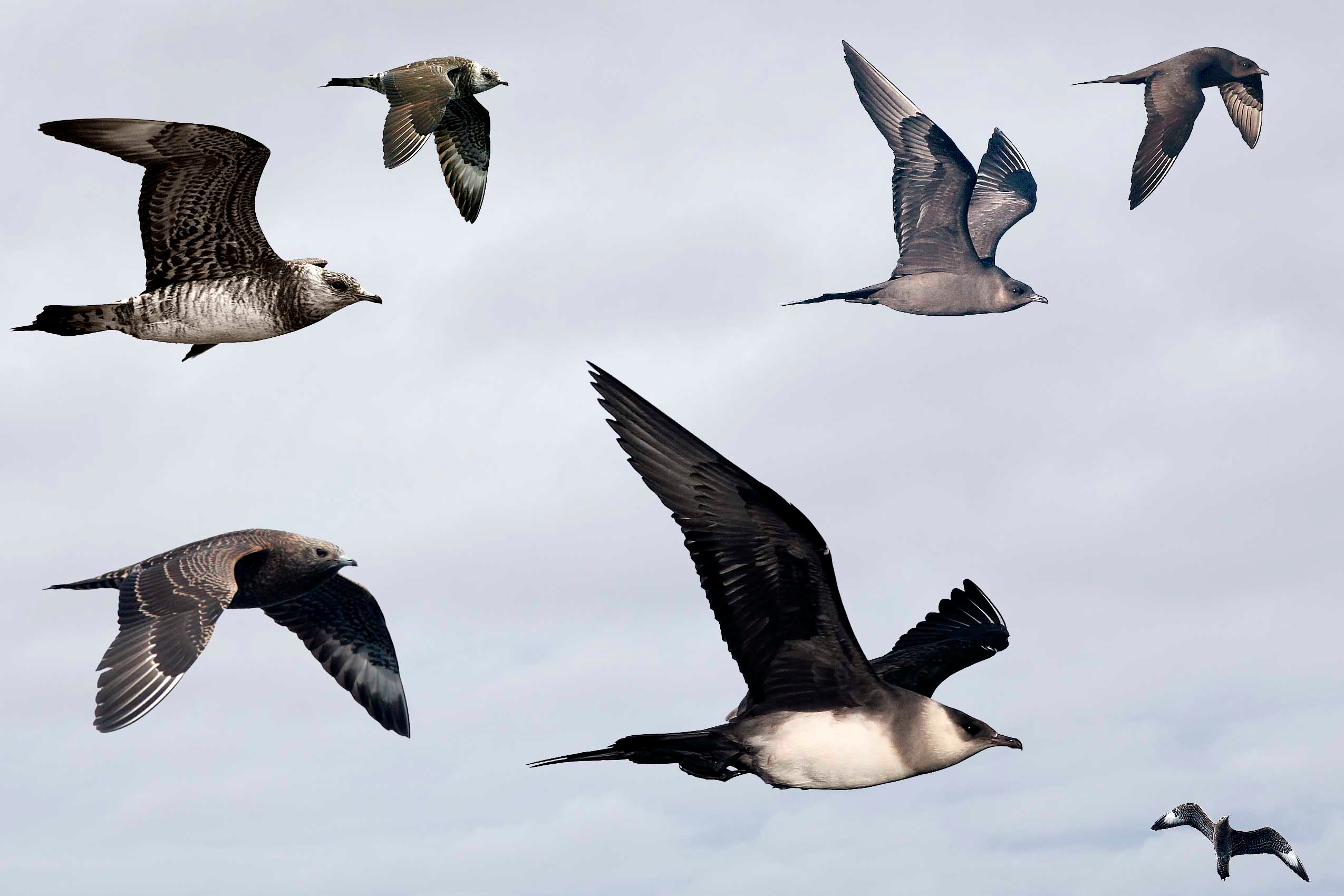Errors & Omissions: Is it a bird? Is it a household utensil? No, it’s a homophone
Hordes of skua and other misunderstandings in this week’s Independent

Here is a familiar homophone error that cropped up in a feature article on Thursday, referring to Christmas presents, and the time of year when “children go back to school and compare their Christmas hordes”.
“Horde” comes from a Turkish word, orda, meaning a tribe of nomads. The word itself seems to have had some nomadic wanderings before it fetched up in English in the 16th century. The Oxford Dictionary reports: “The initial h appears first in Polish.” So we have the Poles to blame, it seems, for the coincidence of sound with “hoard”, an old English word for a store of treasure – which is what the children’s Christmas presents are.
And here is a really bizarre homophone error that I have never seen before. Wednesday’s Big Read article was about an air crash in Antarctica: “Meanwhile, outside, large skewer gulls came down and started feeding.”
This is puzzling. How does “skua”, the name of a family of sea birds, of old Norse derivation, become an English word of unknown origin, meaning a spike used to secure meat during cooking? Surely no writer who knows what a skua is could be under the impression that the bird’s name is spelt “skewer”.
One is tempted to suspect unwary use of the spell-checker. The Independent’s spellcheck software does indeed query “skua” (why?), but it does not offer “skewer” as an alternative, so the mystery remains.
• Now, from the bizarre to the outright bonkers. Here is a metaphoric mix-up from a news story published yesterday: “The conference was originally designed as an afternoon seminar, but quickly mothballed into a two-day conference.”
Whoops – that should be “snowballed”. There is no etymological problem here, just a failure to put the imagination into gear. The moral: form the picture in your mind before you let the words spill out.
• A news story on Wednesday about the poppies at the Tower of London referred to something the Queen said “in her Christmas speech”.
Each year, the Queen makes two regular public utterances. At the opening of the new session of Parliament, she delivers the speech from the throne, usually called the Queen’s Speech. At Christmas she broadcasts a seasonal Message to the peoples of the United Kingdom and the Commonwealth. It is true that the Speech is also a message and the Message is also a speech, but for the sake of clarity it is best to call the Speech a speech and the Message a message. Calling the Message a speech is just confusing.
• “They are challenging a plea deal that allowed the globe-trotting financier from facing justice for the full extent of his crimes,” said a news report on Wednesday. “Allowed … from” makes no sense. It needs to be either “excused … from” or “allowed … to avoid”. It is frighteningly easy to forget, by the time you get to the end of a sentence, what you said at the beginning.
Join our commenting forum
Join thought-provoking conversations, follow other Independent readers and see their replies
Comments
Bookmark popover
Removed from bookmarks